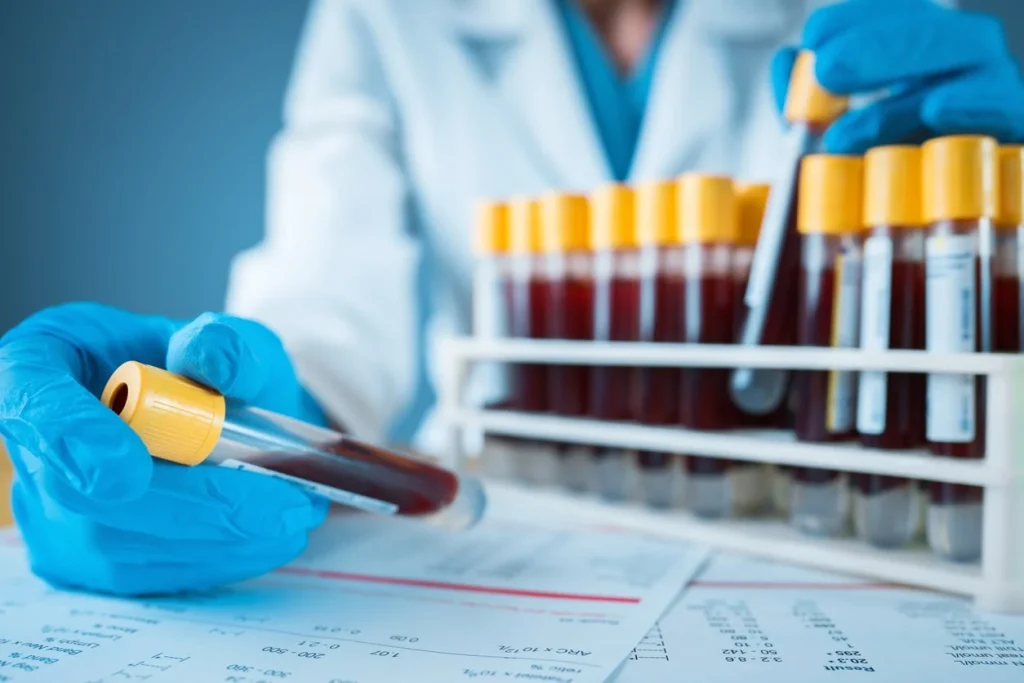Peju had struggled with infertility for over five years before resorting to IVF at a London fertility clinic. At 34, she finally became pregnant but sadly lost the pregnancy during the first trimester. Determined to try again, Peju opted for a second round of IVF, and this time, she decided to undergo a non-invasive prenatal test (NIPT) known as NIFTY after getting pregnant again.
Having experienced a miscarriage, Peju’s doctors advised her to take this precautionary test, which provides critical information about the health of the unborn child, particularly regarding chromosomal abnormalities like Down syndrome. “We were proactive about the test and glad to find out it was available in Nigeria,” Peju shared, explaining that she had the test done at 10 weeks, and received results within two weeks.
The NIFTY test is a simple blood draw with no risk to the pregnancy. It screens for chromosomal abnormalities like trisomy 21 (Down syndrome), trisomy 18 (Edwards syndrome), and trisomy 13 (Patau syndrome). Dr. Abayomi Ajayi, Chairman of Genomix Nigeria Ltd, which holds the exclusive franchise for the test in Nigeria, noted that the NIFTY test is highly accurate and widely recommended, especially for expectant mothers over the age of 35 or those with a family history of chromosomal disorders.
Ajayi explained that most chromosomal abnormalities are incompatible with life, except for trisomies 13, 18, and 21. Of these, only trisomy 21, or Down syndrome, is generally compatible with long-term survival, though it still presents significant health challenges. “The NIFTY test helps expectant parents gather valuable information about potential risks so they can make informed decisions early in the pregnancy,” he said.
Unlike older, more invasive methods of testing, which carried risks such as infection or miscarriage, NIFTY relies on analyzing free fetal DNA in the mother’s blood. This advance has made it easier and safer for expectant parents to detect abnormalities earlier in pregnancy.
Genomix Nigeria Ltd ensures that NIFTY samples are quickly processed, with results returned within 10 days. Ajayi emphasized that the test is particularly important for older mothers or those with a history of chromosomal abnormalities, though it is suitable for all pregnant women.
Marketing Consultant Onuora Molokwu reinforced that NIFTY is a screening tool, not a diagnostic test, but it provides crucial information early enough to help families prepare or make difficult decisions. “Down syndrome is one of the biggest concerns, and knowing early helps parents make better choices,” Molokwu said.
The NIFTY test, now accessible and affordable in Nigeria, offers a significant step forward in reducing cases of Down syndrome and other genetic conditions. With increased awareness and early detection, experts hope that Down syndrome and similar conditions can be managed more effectively or even eventually eradicated, giving parents better control over their reproductive health and the future of their children.













